12. Ostriches

Ostriches are sly sleepers. These big birds get most of their shut eye without shutting an eye. Ostriches are able to sleep with their eyes open, allowing their brain to rest while they stay alert. The bird also lays their head down for quick 15-minute power naps. All these unusual sleeping habits add up to about 6-7 hours of sleep a day. (Discover Magazine)
Image via Alamy
11. Walruses

Walruses are true party animals. These big flippers can go without sleep for up to 84 consecutive hours. They use this free time to navigate the oceans and secure food. Once walruses finish up their important business, they make up for their all-nighters by sleeping for up to 19 hours at a time. (Discovery)
Image via Wikimedia
10. Goats
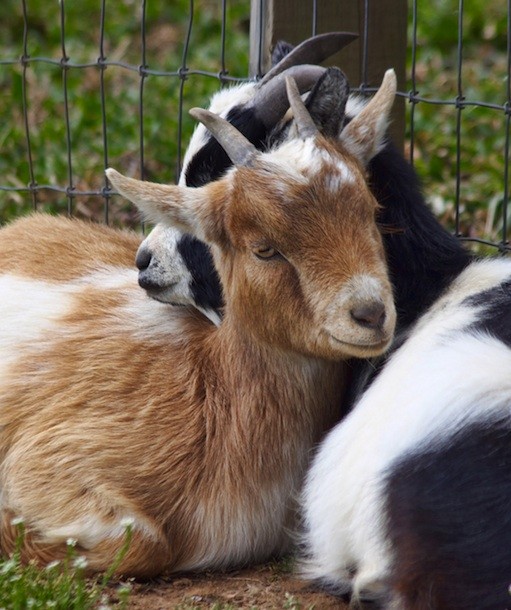
Goats are happy to relax, but rarely let themselves sleep. As a precaution, this farm animal always remains upright and partially alert. Even when a goat is in deep sleep, it will easily rouse itself in response to an unusual noise or movement. This quick reaction comes with a price; goats only sleep about five to six hours and almost never allow their muscles to fully relax. (Animal Facts)
Image via Alamy
9. Elephants
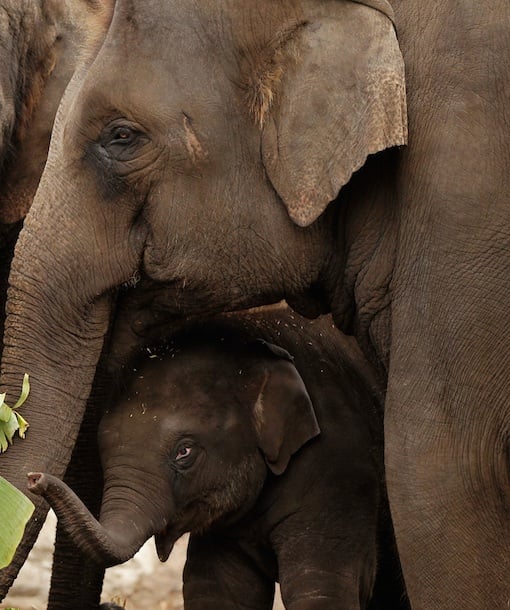
These impressive animals don't give their feet that much of a break. Elephants only let their trunks hit the ground for about four to six hours of rest a night. Elephants also indulge in brief naps while standing, but can only hold it together for 15 minutes at a time. (National Zoo)
Image via Getty
8. Sheep
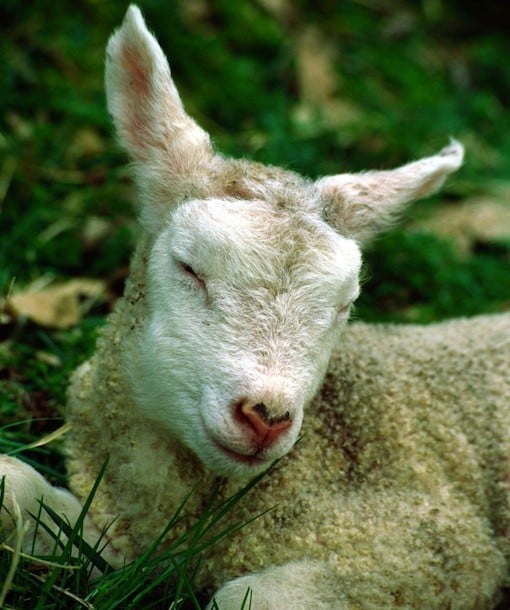
You know why you can count sheep at night? Because this farm animal barely gets a chance to rest. These fluffy cuties only sleep about four to five hours a day. Which leaves us wondering, what do they count to help them get shut-eye at night? (BBC)
Image via Alamy
7. Cows

Cows stay on the safe side and get their Z's from naps taken throughout out the day. This is an old protective behavior that allows cattle to stay alert to threats even during the night. These naps add up to about four hours of sleep, usually including one hour of deep rest. (Rye and Coke)
Image via Alamy
6. Donkeys
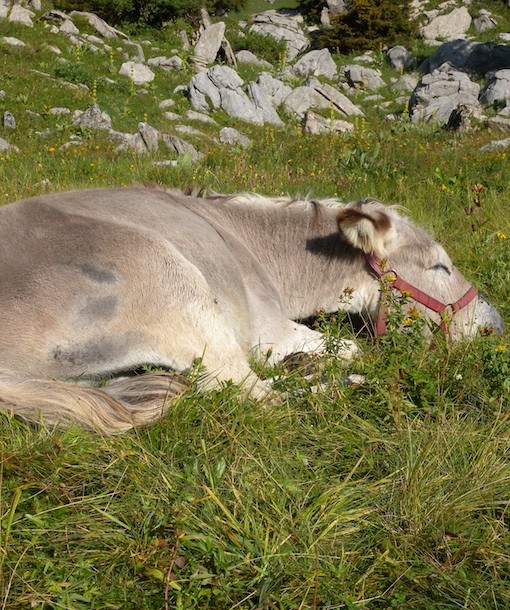
Donkeys may have the reputation of being lazy animals, but these creatures are on their hooves most of the time. The average donkey only needs three hours of sleep to easily get through the day. Like many of the other animals on this list, donkeys require very little REM sleep. (Science Mag)
Image via Flickr
5. Roe Deer
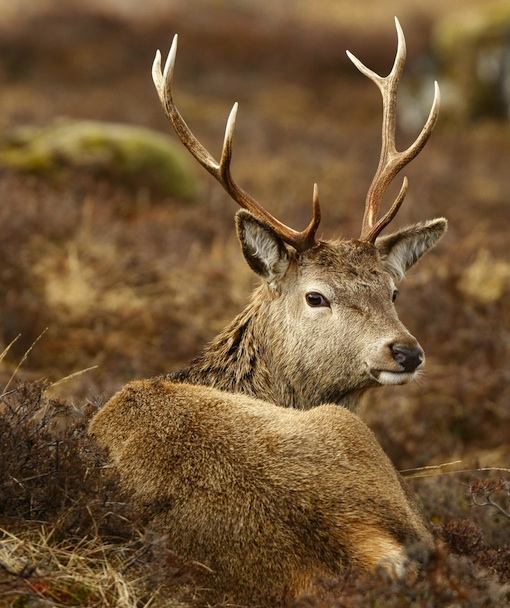
Take note Bambi: Roe deer stay alert and safe from danger by only sleeping three hours daily. These animals usually venture out around twilight to frolic and gather food. (ThinkQuest)
Image via Rex/Rex USA
4. Horses
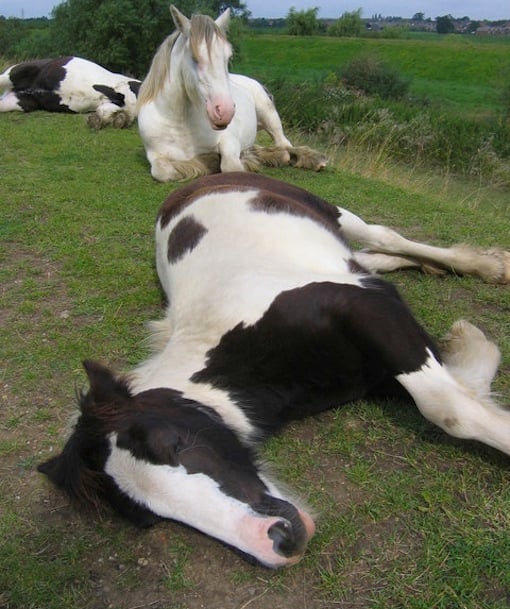
Horses have sleep figured out. These animals can snooze standing up thanks to a special built-in "stay" apparatus in their legs. Horses get most of their sleep this way, usually in 15-minute intervals. They do lay down to get the small amount of deep sleep they need. All together, these animals only catch about two and half hours of sleep. (ABC News)
Image via Wikimedia
3. Giraffes
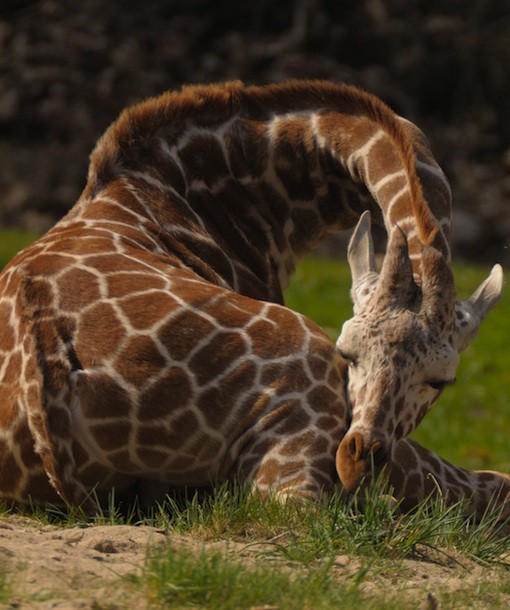
Giraffes have a lot to hold up, so early scientists were surprised when they were unable to find a giraffe sleeping. After more research it was discovered that the animals take short, seated naps that last around five minutes. Adding all these micro-snoozes up, giraffes get about two hours of sleep a day. (Science Blogs)
Image via Alamy
2. Dolphins (and Killer Whales)
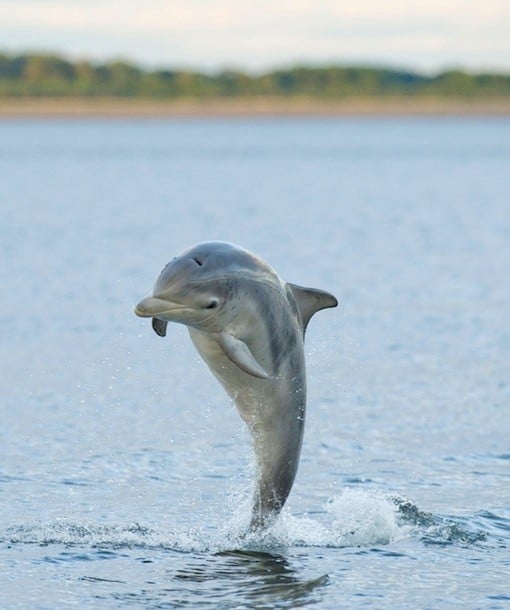
Dolphin and killer-whale mothers make human child-rearing look simple. These sea creatures rarely sleep during their babies' first 30 days of life, because the newborns never sleep. These little swimmers have unlimited energy during their first month, meaning Mom has to try to keep up. (Brain Research Institute)
Image via Alamy
1. Sharks

Sharks remain some of the most mysterious creatures in the ocean, but the science of their sleep is finally starting to make sense. Researchers believe that some sharks never truly go into deep sleep, because they require water running over their gills to breathe. As a substitute, sharks "power down," lazily drifting through the water without much attention to their surroundings. (About: Marine Life)
Image via Alamy



